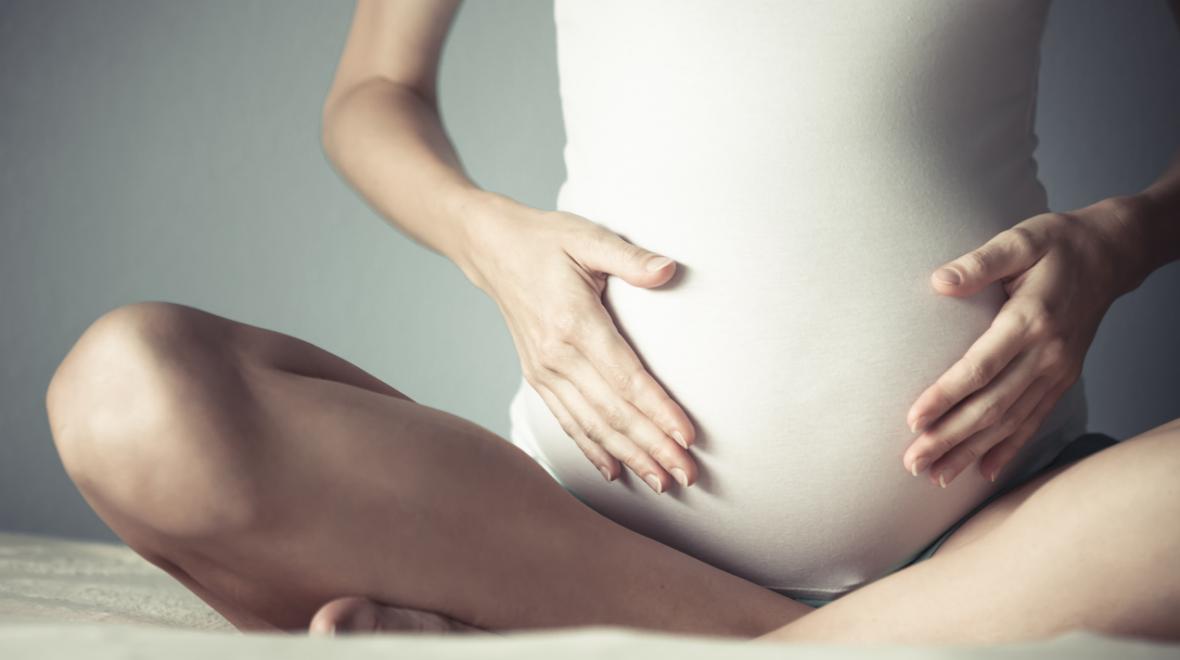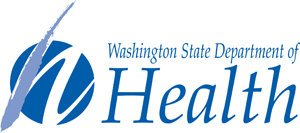
Editor's note: Sponsored by The Department of Health. The Department of Health works to protect and improve the health of all people in Washington state by leading changes in policies, systems and environments to prevent illness and injury; promoting healthy families and communities; encouraging healthy lifestyles; and focusing on places where people live, learn, work, recreate, seek healthcare and worship.
For decades, pregnant women have been urged to quit smoking and drinking alcohol for the sake of their baby’s health. The messaging worked: Today, fewer pregnant women smoke or drink, and rates of tobacco and alcohol use during pregnancy continue to drop. Meanwhile, more pregnant women are using marijuana, and many aren’t sure how the substance impacts their baby’s health.
It turns out that what we don’t know can hurt us — and our babies. Although only about 1 in 20 pregnant women report using marijuana during pregnancy today, this rate has nearly doubled since 2002. Tetrahydrocannabinol (THC), the psychoactive chemical in marijuana, may cross into the placenta and can remain in a mother’s system for weeks. THC also has been linked to low-birth-weight outcomes.
Studies show that babies born to mothers who use marijuana during pregnancy experience changes in thinking and behavior into childhood and beyond, suggesting that cannabis may impact developing brain cells long after the pregnancy and postpartum phase. Longitudinal studies indicate long-term behavioral consequences of exposure to THC during pregnancy and/or lactation, including problems with feeding, learning and other delays in executive functioning.
The message is clear: Higher THC levels mean higher risk
Today’s marijuana is about four times more potent than it was a generation ago, when many of the studies of marijuana use during pregnancy were conducted. That higher potency translates into more prenatal exposure to THC; a recent study found that among babies born to mothers who used marijuana during pregnancy, levels of THC in the newborns’ meconium (the substance forming a newborn’s first feces) increased by 69 percent between 2012 and 2014.
While the research around marijuana and pregnancy is complicated, the health message isn’t: If you want the healthiest baby possible, don’t use marijuana, alcohol and tobacco.
Because many women who use marijuana during pregnancy also use tobacco or other substances, drawing conclusions about which effects are caused by which substance is complicated. Still, there’s enough evidence to support a clear recommendation: It’s safest not to use marijuana, tobacco or alcohol while pregnant, says Therese M. Grant, Ph.D., a professor in the University of Washington’s Fetal Alcohol and Drug Unit.
“While the research around marijuana and pregnancy is complicated, the health message isn’t,” she says. “If you want the healthiest baby possible, don’t use marijuana, alcohol and tobacco.”
But despite strong recommendations from the American Medical Association, the American Academy of Pediatrics and the Academy of Breastfeeding Medicine to avoid cannabis during pregnancy, views among pregnant women about marijuana use during pregnancy seem to differ from their views about alcohol or smoking. In a 2019 study of pregnant women who used marijuana, many said they believed marijuana was safer and more natural than tobacco and alcohol, and used it to help with pregnancy discomforts such as morning sickness. They also expressed uncertainty about the risks of marijuana use during pregnancy.
“We also know that women may use marijuana during pregnancy to manage stress, but there are healthier and less risky ways to manage stress during pregnancy,” says Kathy Lofy, M.D., a health officer for the Washington State Department of Health.
Sign of the times
Washington health officials are working to increase awareness of the risks of using marijuana during pregnancy. As of June 2019, Washington’s marijuana retailers are required to post new signs warning of the dangers of marijuana use during pregnancy and while breastfeeding. It’s an important step toward helping women make informed health decisions while they’re expecting, says Lofy. The signs make reference to a Washington State Department of Health website, Know This About Cannabis, which was initiated to educate adults 21 and older about the risks, rules and responsibilities of retail (nonmedical) cannabis use in Washington state.
“If women are uncomfortable during pregnancy or have morning sickness, they should talk to their health-care provider about safer ways to deal with those issues,” she says. Exercise, spending time in nature, socializing with friends, even getting more sleep are all proven ways to reduce stress without the risks linked to cannabis use.
Open, honest communication between women and their providers is best for moms and babies, whether a mother uses marijuana or other substances, says Grant. “We don’t want women to be scared to tell their doctor that they’ve used marijuana. If a pregnant woman wants to quit, but is struggling, she’s not alone, and her provider can help.”
“It’s not about judging, blaming or scaring women,” says Grant. “It’s about [asking], ‘How can we help you have the healthiest baby possible, starting right now?’”
The Washington Recovery Help Line offers anonymous, confidential support for quitting or reducing marijuana use. Call 866-789-1511 or visit online.
|
Sponsored by: |

|











